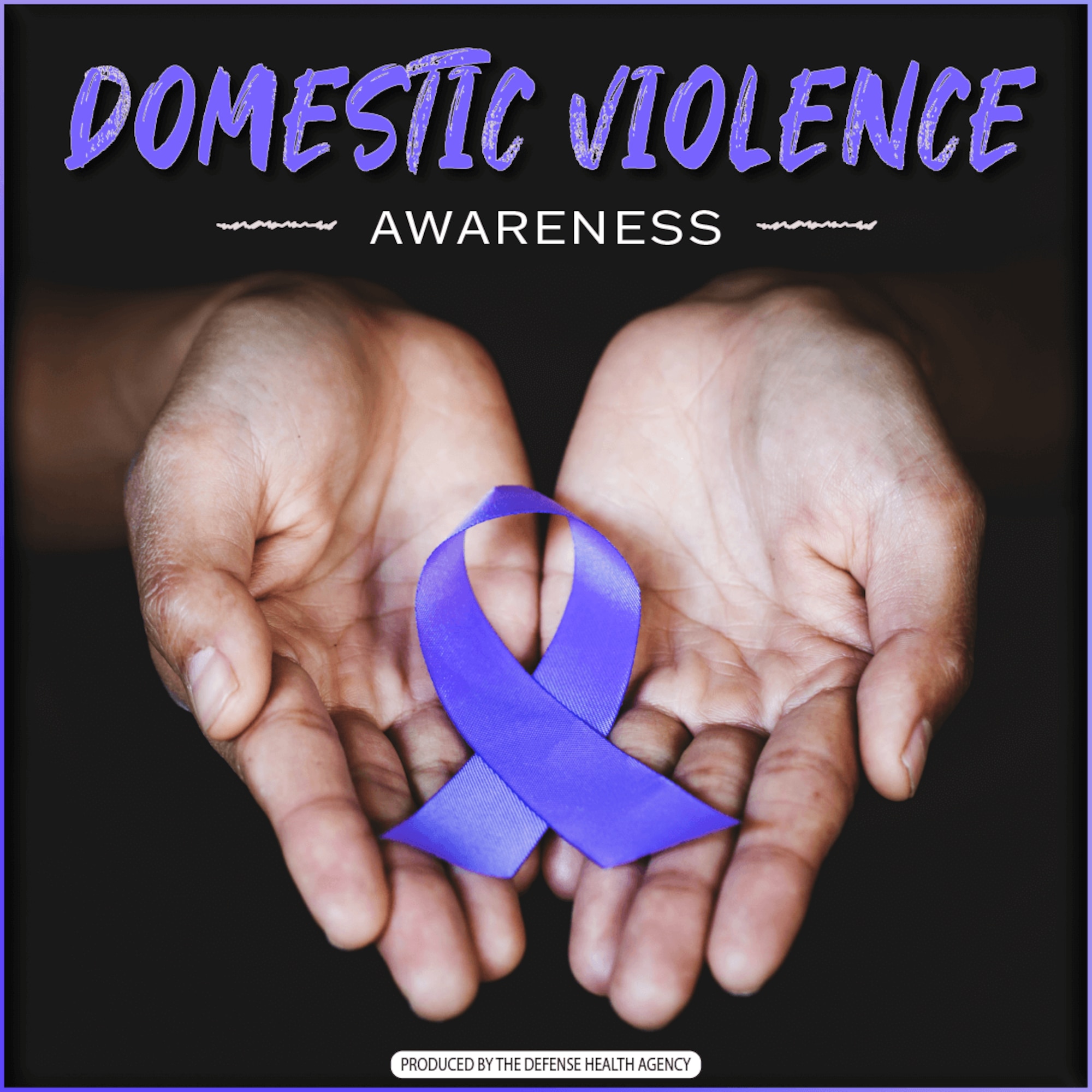Causes and Contributing Factors
Domestic violence, a pervasive and complex issue, is rooted in a web of interconnected factors that contribute to its perpetuation. Understanding these causes is crucial for developing effective prevention and intervention strategies.
Societal Norms and Gender Inequality
Societal norms and gender inequality play a significant role in shaping attitudes and behaviors that contribute to domestic violence. Traditional gender roles often reinforce the idea of male dominance and female subordination, creating a power imbalance that can be exploited by abusers.
- For example, the expectation that men should be the primary breadwinners and women should be responsible for domestic tasks can contribute to feelings of entitlement and control among men.
- Similarly, the normalization of violence in media and entertainment can desensitize individuals to its harmful effects.
Alcohol and Drug Abuse
Alcohol and drug abuse are frequently associated with domestic violence. Substance abuse can impair judgment, increase aggression, and lower inhibitions, making individuals more likely to engage in violent behavior.
- Alcohol, in particular, is a common factor in domestic violence incidents, as it can lower inhibitions and increase aggression.
- Drug abuse can also contribute to violence by creating paranoia, impulsivity, and mood swings.
Mental Health Issues, Domestic violence
Mental health issues, such as depression, anxiety, and personality disorders, can increase the risk of domestic violence. Individuals struggling with mental health challenges may have difficulty managing their emotions, leading to outbursts of anger and aggression.
- It is important to note that mental health issues do not excuse violent behavior.
- However, addressing mental health concerns can be an important part of preventing domestic violence.
Childhood Experiences
Childhood experiences can have a profound impact on the likelihood of perpetrating or experiencing domestic violence. Individuals who witnessed or experienced violence in their own families are more likely to engage in or be victims of domestic violence in their adult relationships.
- Children who grow up in violent homes may learn that violence is an acceptable way to resolve conflict.
- They may also develop unhealthy attachment patterns and have difficulty forming healthy relationships.
Prevention and Intervention Strategies: Domestic Violence
.jpg)
Preventing and intervening in domestic violence requires a multifaceted approach that addresses both individual and societal factors. This section explores comprehensive prevention programs, resources for victims, legal options, and strategies for recognizing and responding to warning signs.
Prevention Programs
Prevention programs aim to reduce the incidence of domestic violence by addressing the root causes and promoting healthy relationships. These programs can be targeted towards individuals, families, and communities.
- Education and Awareness Programs: These programs educate individuals about domestic violence, its impact, and available resources. They promote healthy communication, conflict resolution skills, and gender equality.
- Early Intervention Programs: These programs focus on identifying and addressing risk factors for domestic violence in young people, such as substance abuse, mental health issues, and exposure to violence.
- Community-Based Programs: These programs engage communities in promoting violence prevention through public awareness campaigns, community mobilization, and support for victims.
Resources and Support Services for Victims
Victims of domestic violence need access to a range of resources and support services to ensure their safety and well-being.
- Shelters and Safe Houses: These provide temporary housing, counseling, and other support services for victims fleeing domestic violence.
- Hotlines and Crisis Centers: These offer confidential support, information, and referrals to victims and their families.
- Legal Aid and Advocacy Services: These provide legal assistance, advocacy, and support to victims navigating the legal system.
- Counseling and Therapy: These services help victims process trauma, develop coping mechanisms, and build healthy relationships.
Legal Options and Protective Measures
Victims of domestic violence have legal options available to protect themselves and hold abusers accountable.
- Protective Orders: These are court orders that prohibit abusers from contacting or approaching victims.
- Criminal Charges: Abusers can be charged with crimes such as assault, battery, and stalking.
- Civil Suits: Victims can file civil suits against abusers for damages, such as medical expenses and lost wages.
Identifying and Responding to Warning Signs
Recognizing the warning signs of domestic violence is crucial for early intervention and prevention.
- Isolation: Abusers may try to isolate victims from friends, family, and support systems.
- Control: Abusers may attempt to control victims’ finances, social activities, and personal choices.
- Threats and Intimidation: Abusers may use threats, intimidation, or violence to control and frighten victims.
- Emotional Abuse: Abusers may use emotional abuse to manipulate, demean, and undermine victims’ self-esteem.
- Physical Abuse: Abusers may engage in physical violence, such as hitting, kicking, or choking.
Domestic violence is a serious issue that affects countless individuals, leaving scars that run deeper than the physical wounds. It’s heartbreaking to see the impact it has on those we admire, like in the case of skai jackson domestic violence.
The stories of those who experience abuse serve as a reminder that domestic violence can happen to anyone, and we must work together to break the cycle of violence and support those in need.
Domestic violence is a serious issue, affecting millions of people worldwide. It can be hard to understand why someone would stay in an abusive relationship, but it’s important to remember that leaving is often very difficult. There are many resources available to help victims escape and rebuild their lives, and it’s never too late to seek help.
Learning about the struggles others have faced, like in the case of skai jackson jail , can shed light on the complexities of domestic violence and encourage us to be more understanding and supportive.

